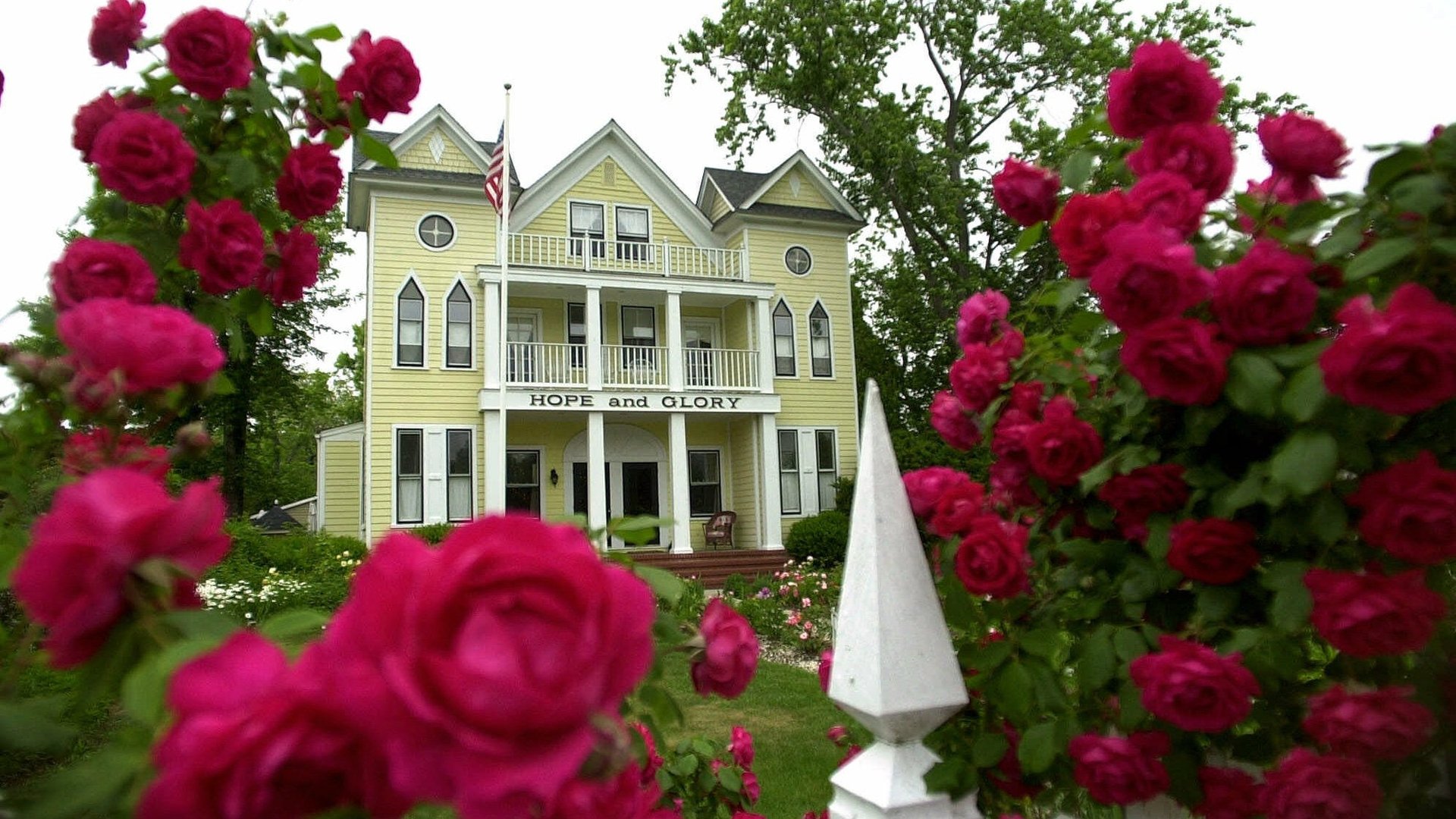Airbnb has a new target—actual bed and breakfasts
In a move you could file under “startups realizing the concept they disrupted is still a good idea after all,” yesterday Airbnb announced a new partnership with The Association of Independent Hospitality Professionals and ThinkReservations, a leading reservation management system for bed and breakfasts. The partnership is designed to make it easier for actual bed and breakfasts to include their rooms on Airbnb’s platform.


In a move you could file under “startups realizing the concept they disrupted is still a good idea after all,” yesterday Airbnb announced a new partnership with The Association of Independent Hospitality Professionals and ThinkReservations, a leading reservation management system for bed and breakfasts. The partnership is designed to make it easier for actual bed and breakfasts to include their rooms on Airbnb’s platform.
This is good news for travelers who enjoy the quaint and rural charms of locally-run and off-the-beaten-track B&Bs, but struggle to find them outside populated or tourist-heavy areas. Thanks to this partnership, we’re likely to see more and more of them among Airbnb’s regular listings. In a statement on its website, Airbnb’s so-called “Program Manager for Traditional Hospitality” said: “We’ve seen how these small, independent businesses can deliver the kind of experiences Airbnb guests expect and deserve. We’re dedicated to giving guests unique, local experiences and excited to continue our work with small business owners who share our commitment to creating a world where anyone can belong anywhere.”
The sharing economy giant’s relationship to “traditional hospitality” has been morphing of late—incorporating even more sectors of the traditional travel industry onto its platform and being far more willing to comply with local zoning and hospitality regulations than it once was. At the end of November, founder Brian Chesky even indicated that more professionally-managed listings (a.k.a. regular old hotels) could be on the platform in the future.
Indeed, adding professional listings might seem like a strange move for a company that built its brand on the idea that staying in a local resident’s spare room was the most authentic way to travel. But this partnership seems like a reasonable middle ground. B&Bs often feel more homey than a hotel—especially if they are run by locals or are tied to some piece of regional history—meaning they appeal to the type of traveler that places a premium on experiences. However, by virtue of being professionally managed, they also automatically comply with local rules and regulations, meaning Airbnb doesn’t have to worry either about quality standards—or policing these rooms like they do with listings in cities where there have been crackdowns and enforcement.
Cheekily, in the company’s press release, there was one interesting note of differentiation: the language. Indeed, when referring to “traditional bed and breakfasts,” they shortened the phrase to “B+B,” rather than the company’s spelling of “BnB.” They may not have invented the BnB—but the company certainly branded it.